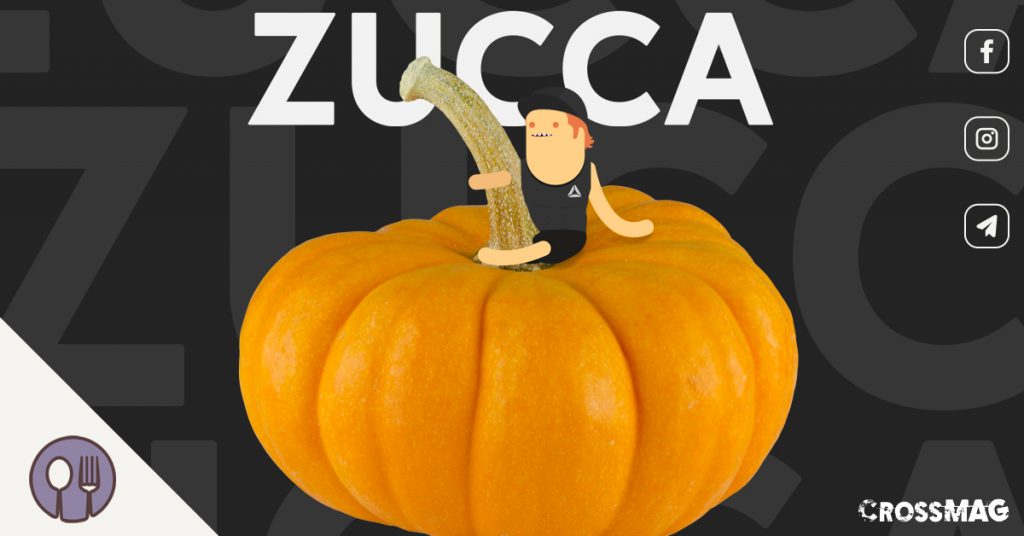La pumpkin is a winter vegetable that belongs to the family of cucurbits. It is native to North America, but is used all over the world, especially for Thanksgiving and Halloween.
Although commonly called a vegetable, pumpkin is actually a fruit since it contains seeds, but nutritionally it is more similar to vegetables.
Let's see 8 nutritional and health benefits of pumpkin:
Index
NOURISHING AND RICH IN VITAMIN A
Pumpkin has an impressive nutritional profile; a cup of cooked pumpkin (about 250 g) contains:
- Calories: 49
- Fats: 0,2 gr
- Protein: 2 gr
- Carbohydrates: 12 gr
- Fibers: 3 gr
- Vitamin A: 250% of the Reference Daily Intake (RDI)
- Vitamin C: 19% of the RDI
- Potassium: 16% of the RDI
- Copper: 11% of the RDI
- Manganese: 11% of the RDI
In addition to being rich in vitamins and minerals, pumpkin is low in calories as it is made for 94% from water.
ANTIOXIDANT POWER
Pumpkin is rich in antioxidants that help destroy harmful bacteria; among these we have: alpha-carotene, beta-carotene and beta-cryptoxanthin.
These antioxidants can neutralize free radicals, preventing them from damaging cells; in addition, they protect the skin from sun damage and reduce the risk of cancer and eye disease.
VITAMINS FOR THE IMMUNE SYSTEM
Vitamin A helps strengthen the immune system and to fight infections; there Vitamin C it promotes the production of white blood cells and helps immune cells to work more effectively.
Pumpkin is also rich in vitamin E, folate, and iron, which help the immune system.
LUTEIN AND ZEAXANTHINE TO PROTECT SIGHT
Pumpkin is packed with nutrients that help prevent vision problems. Vitamin A deficiency is related to blindness; beta-carotene helps reduce the risk of cataracts.
lutein e zeaxanthin they are linked to lower risks of age-related macular degeneration.
FEW CALORIES AND WEIGHT LOSS
Pumpkin is low in calories and filled very quickly; is a food suitable for weight loss because we can eat more of it than other sources of carbohydrates such as rice, pasta and potatoes and take in less kcal.
In addition, pumpkin is a good source of fiber, which helps curb appetite.
POTASSIUM FOR HEART HEALTH
Potassium, vitamin C, and fiber have been linked to improved heart health; people with a higher potassium intake appear to have lower blood pressure and a reduced risk of stroke, two risk factors for heart disease.
VERSATILE FOR DIET
The sweet taste makes the pumpkin an ideal ingredient for many dishes, sweet and savory; even the seeds are edible and rich in nutrients.
Pumpkin has a very hard skin to cut, but on the market it is also found already peeled and cooked. The best way to savor its taste is to cook it in slices in the oven and season it with oil, salt and pepper, but it is also perfect for making soups, veloutées, cakes and gnocchi.
NUTRITIONAL SUBSTANCES FOR HEALTHY SKIN
Pumpkin is rich in carotenoids, which our body transforms into vitamin A. These can act as a natural protection against the sun's rays; Vitamin C is also essential for skin health because it helps produce collagen, a protein that keeps skin healthy and strong.
And do you eat pumpkin when it gets cold? If so what are your favorite dishes? Let us know in the comments and remember to follow us also on our dedicated Telegram page
SUBSCRIBE HERE TO THE TELEGRAM CHANNEL

